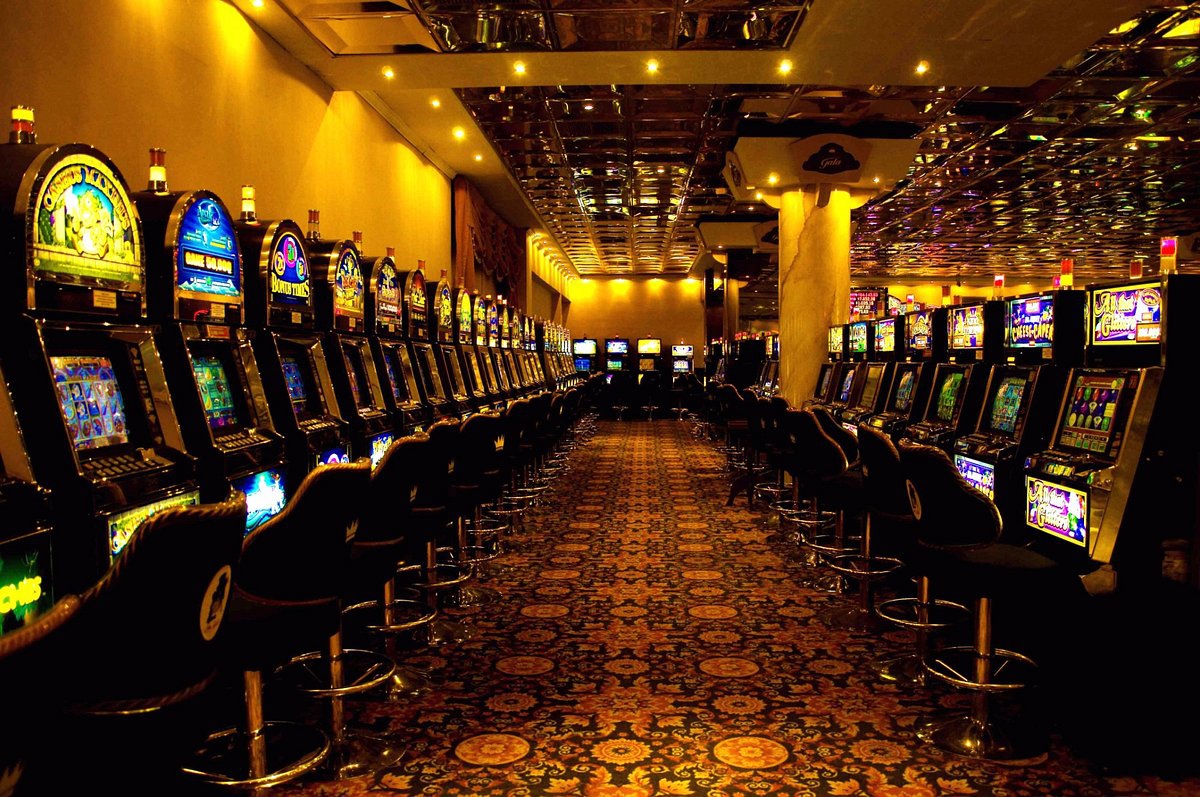
Gambling games have consistently attracted various types of players, offering not only the excitement of risk but also a tailored experience crafted for diverse kinds of players. From analytical thinkers who succeed through skill and calculation to the casual players who seek entertainment, casinos recognize the details of their audience and design games that cater to these differing interests.
In investigating the world of casino games, we discover a rich tapestry of options that appeal to all types of players. High-stakes poker tables attract competitive individuals, while exciting slot machines attract individuals in search of quick rewards. Whether it be the allure of winning big or simply savoring the social atmosphere, casinos tailor their game offerings to ensure that everyone can find their niche where they feel comfortable and engaged. Comprehending how these games are designed for different kinds of players can enhance not only our appreciation of them but also our approach to choosing which games to play.
Understanding Participant Groups
In the multifaceted world of casino entertainment, players can be classified into distinct categories based on their motivations and likings. These player categories range from the casual and communal gamers, who enjoy the entertainment value and interactive interactions that gambling provides, to the more analytical and methodical players, who seek to boost their probabilities and gains. Grasping these various categories is essential for casinos to customize their games and build engaging experiences.
One frequent kind is the communal player, who considers casino games as a form of social interaction and entertainment rather than a high-stakes gambling activity. These gamers often enjoy games that encourage engagement and friendship, such as blackjack. Their emphasis is on the experience rather than the result, so vibrant environments and collective moments are what they value the most.
On the other end of the range, strategic players are driven by competition and the pursuit of ability. They tend to lean toward games that necessitate strategic thinking and strategy, such as strategic card games, where their competencies can affect the outcome. This type often involves with the games on a deeper level, utilizing insight and tactics to gain an edge. SHBET.CRUISES Grasping these incentives allows casinos to design settings and game selections that cater to each player’s distinct likings.
Strategies for Game Design
Gambling games are created with varied player types in mind, employing multiple strategies to attract and capture them. For recreational players, the focus is on simplicity and clarity. Games like slots are often aesthetically pleasing with simple mechanics. This enables players to experience the gameplay without a steep learning curve, creating an welcoming atmosphere. The bright colors, catchy sounds, and thematic elements create a fun environment where players can quickly get involved and enjoying themselves.
For tactical players who enjoy a deeper level of engagement, games such as Texas Hold’em and blackjack offer depth and skill-based elements. These games incorporate strategy and tactical choices, appealing to players who thrive on challenge and want to exercise their cognitive abilities. The design of these games often includes intricate rules and mechanics that test players to refine their skills and create strategies over time, creating a rewarding experience for those who appreciate mastering the game.
Furthermore, social players are considered through games that emphasize engagement and community. This comprises live dealer games and multiplayer formats, which foster a sense of camaraderie among players. The design of these games typically includes communication tools and social elements, allowing players to connect and share experiences. By building an environment where interaction is encouraged, casinos can effectively involve community players, making the gaming adventure more pleasurable and unforgettable.
Boosting Participant Engagement
Casino titles have advanced significantly to offer a much more entertaining environment for participants. Application designers focus on immersive visuals, rich soundscapes, and novel gameplay features that draw gamers into the gaming environment. By leveraging digital advancements, such as immersive technology and enhanced reality, betting houses ensure that gamers feel as if they are part of a dynamic environment, enhancing in addition to the fun of the games but also the overall enjoyment of being in a casino.
Social interaction is another key factor in enhancing gamer experience in casino games. Many games are designed to facilitate engagement among gamers, whether through multiplayer modes or messaging options. This community feature attracts players who enjoy interacting with others while competing, fostering a feeling of community. Moreover, community aspects can include leaderboards, competitions, and rewards for team engagement, which engage ambitious gamers and inspire them to come back for more.
Finally, customization plays a pivotal role in tailoring the interaction for diverse gamer demographics. Betting companies and game developers examine participant habits and preferences to offer customized game suggestions and rewards. By understanding the distinct preferences of players, gaming establishments can offer tailored deals, rewards, and new game releases that satisfy each individual, thus enhancing their overall satisfaction and loyalty to the betting establishment.
